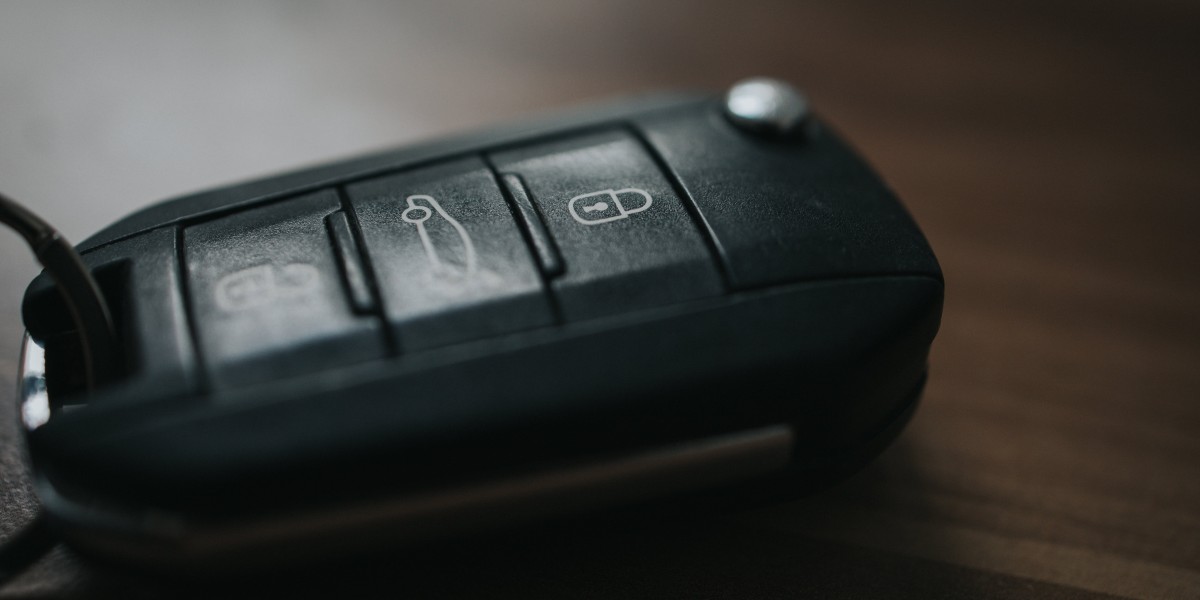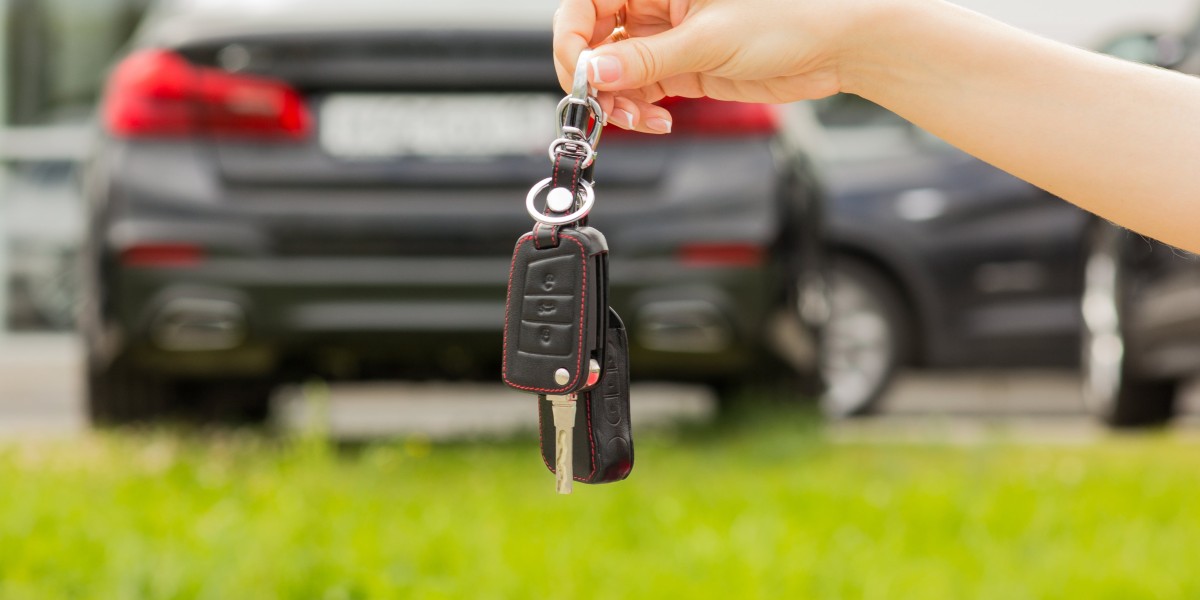Understanding Car Key Replacement: A Comprehensive Guide
The evolution of automotive technology has produced significant modifications in vehicle security systems, including car keys. From traditional metal keys to intricate electronic fobs, car keys have become vital for vehicle operation and safety. As such, the requirement for car key replacement emerges not just from loss or damage, but likewise due to advancements in technology. This article intends to provide an extensive understanding of car key replacement, the different kinds of keys offered, the replacement process, and some often asked concerns.
Types of Car Keys
Before diving into the replacement process, it's important to understand the different kinds of car keys presently in use. Here's a breakdown:

| Type | Description | Key Characteristics |
|---|---|---|
| Traditional Metal Keys | Basic mechanical keys used in older cars. | No electronic components; quickly copied. |
| Transponder Keys | Keys with embedded chips that communicate with the car's ignition system. | Provides added security; needs programming. |
| Remote Car Keys | Key fobs with buttons to lock/unlock doors and start the engine remotely. | Battery-operated; normally extremely secure. |
| Smart Keys | Keyless entry systems that permit push-button start. | Offers benefit; highly innovative technology. |
| Valet Keys | Restricted keys that only enable minimal access to particular features. | Typically utilized by parking services; limited performance. |
Factors for Car Key Replacement
Car key replacement can be necessary for different reasons, consisting of:
- Loss: Losing a car key can produce significant trouble and tension.
- Damage: Keys can break or become damaged, rendering them unusable.
- Breakdown: Electronic keys or fobs might malfunction due to battery issues or internal faults.
- Upgrade: Vehicles may be upgraded to advanced security systems requiring new keys.
- Theft: If a car key has actually been stolen, it is essential to replace it right away to prevent unapproved gain access to.
The Replacement Process
Changing a car key may seem overwhelming, but comprehending the actions included can reduce much of the confusion. Here's a basic overview of the process:
1. Determine the Type of Key Needed
Before you can start the replacement procedure, you should determine what type of key your vehicle utilizes. This could be a standard key, a transponder key, a remote key, or a wise key.
2. Collect Necessary Information
When looking for a replacement, you will usually require the following:
- Vehicle Identification Number (VIN)
- Proof of ownership (such as a title or registration)
- Identification (such as a driver's license)
3. Choose a Replacement Method
There are a number of opportunities for obtaining a replacement key:
- Dealerships: The most trustworthy however typically the most pricey choice. They can program and cut keys specifically for your vehicle.
- Locksmith professionals: Many locksmith professionals offer car key replacement services at a more competitive rate than dealerships. Guarantee they are experienced in automotive keys.
- Online Services: Some services enable you to purchase a replacement key based upon the make and model of your vehicle, though shows might still be needed.
4. Key Cutting and Programming
Once you've selected a replacement method, the new key will need to be cut and, in the majority of cases, configured to work with your vehicle. This is specifically important for electronic and wise keys.
5. Checking the New Key
When the key is cut and set, be sure to check it completely. Guarantee it can lock and unlock the doors and begin the engine.
Expenses of Car Key Replacement
The cost of replacing a car key can differ substantially depending upon numerous factors, consisting of:
- Type of Key: Traditional keys are cheaper than transponder or wise keys.
- Dealer vs. Locksmith: Dealerships usually charge more due to their know-how and technological resources.
- Configuring Fees: Specialized shows can include costs to the replacement.
Here's an estimated expense breakdown:
| Type of Key | Approximated Cost (Range) |
|---|---|
| Traditional Key | ₤ 10 - ₤ 30 |
| Transponder Key | ₤ 50 - ₤ 250 |
| Remote Key | ₤ 100 - ₤ 300 |
| Smart Key | ₤ 200 - ₤ 500 |
Frequently Asked Questions About Car Key Replacement
1. For how long does it take to replace a lost car key?
The time considered a key replacement can differ. Dealerships may take longer (1-2 hours), while locksmiths may supply quicker service, often within 30 minutes.
2. Can I replace my car key without the initial?
Yes, but it might be more complicated. You will likely need your VIN and evidence of ownership to obtain a replacement key.
3. Is it safe to purchase keys online?
While there are genuine online services, it's important to investigate the company ahead of time. Ensure they have good reviews and a strong credibility.
4. Can I program a brand-new key myself?
Some vehicle models enable for self-programming, but numerous newer keys require customized tools. Always consult your user handbook or a professional.
5. What if my key is broken but still works?
If your key is functional however broken, it is recommended to replace it to prevent further damage. A knowledgeable locksmith can help replicate and repair it.
In conclusion, car key replacement is a significant component of modern vehicle ownership that includes various types of keys, factors for replacements, and procedures. With developments in automotive technology, comprehending the different types of keys and their replacement procedures makes vehicle ownership smoother and more protected. For anybody facing a car key loss, damage, or the need for an upgrade, this guide serves as a beneficial resource in browsing the landscape of car key replacement.











